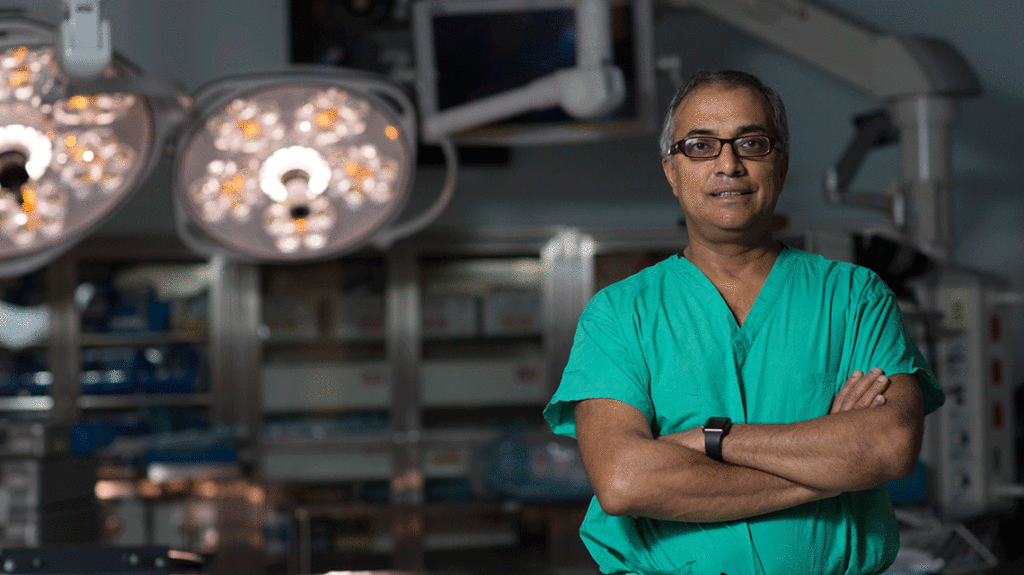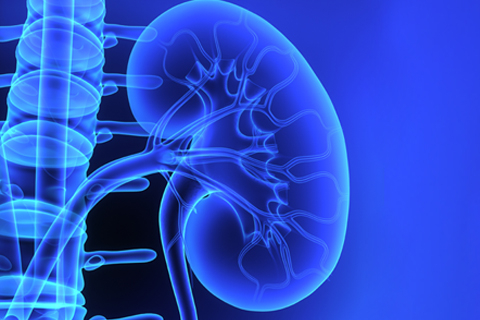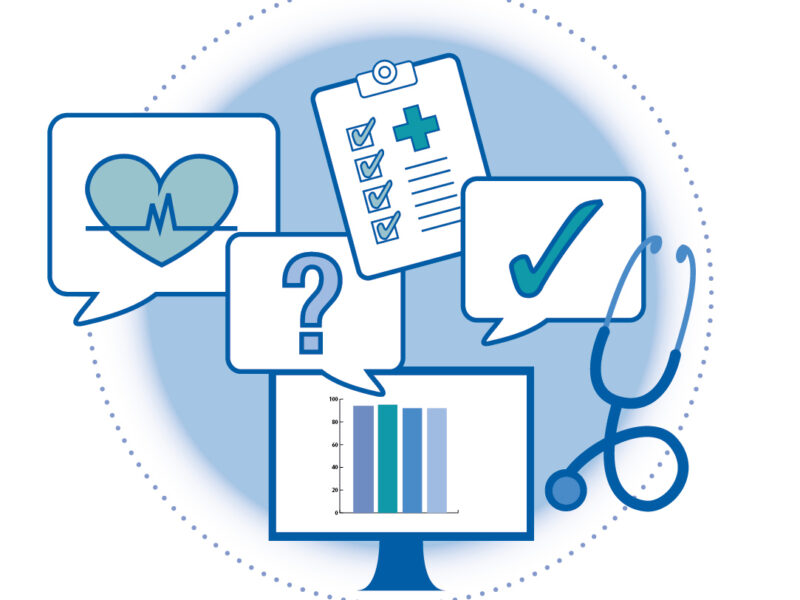When Surgery Does Not Go as Planned
When Surgery Does Not Go as Planned https://pediatricsnationwide.org/wp-content/uploads/2020/12/031716BS561G-jayanthi-header-1024x575.gif 1024 575 V. Rama Jayanthi, MD V. Rama Jayanthi, MD https://secure.gravatar.com/avatar/5f824957c68cdbf2ed5cd40fca2f819a2701d0d4c036cbdcd343983d8604cf03?s=96&d=mm&r=g
A surgeon’s reflections on complications, trust and moving forward together.
I have been thinking back on my career and the instances where a patient developed a complication, and the surgery did not go as planned.
Having a family state their child was better off before the surgery and seeing the significant emotional harm it has caused the patient and family is quite impactful. I have found that immediately apologizing to the patient and family for all they were going through and being transparent with what occurred is the first step in rebuilding their trust in not only me but Nationwide Children’s Hospital.
Most surgeons will attest to the fact that they may not remember those children whose operations went great, with no unexpected problems, and who went on with their lives. However, we always remember those children who had complications or difficulties after surgery.
In counseling families, I may tell them that there is a 98% chance of success of the surgery going well with no adverse effects. However, such information is of little solace to the family of a child who falls into the 2% category, who does experience a complication, because for them the complication rate is 100%.
To be clear, the fact a complication has occurred does not mean that a surgeon did something wrong. Surgery is an art, an imprecise science, and healing may be affected by many factors that are beyond a surgeon’s control. Regardless, no empathetic surgeon can avoid being bothered by the thought that they have hurt someone while trying to help them.
Apologizing to families for complications is something that I have done for years. By doing so, I am not suggesting that I made a mistake, but I am acknowledging the hurt and pain the family is going through, and my role in their emotional trauma.
Who ultimately benefits when I make such an apology? Most parents have told me that they appreciate my words and are grateful that I was thinking about their emotional needs. However, I also benefit because I never want to lose touch with my humanity. Expressions of my own pain, though nothing compared to what the family is going through, grounds me and is an exercise in humility.
In nearly 30 years on the medical staff of Nationwide Children’s Hospital, I am incredibly grateful for the relationships I have had with families. It is easy to have a good relationship with a family when things have gone well. The challenge, however, is in maintaining those relationships when things have not gone well, when families are struggling with unexpected outcomes. The latter is the ultimate measure of a physician’s communication skills and is a concept I emphasize to our trainees.
- Posted In:
- Second Opinions





